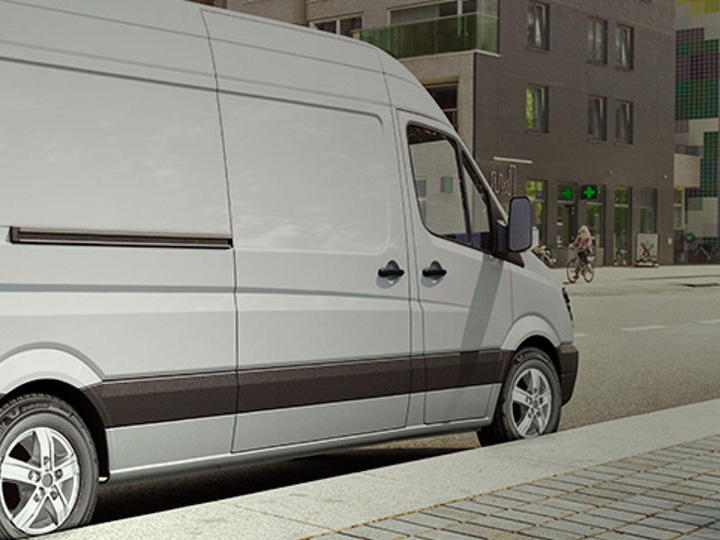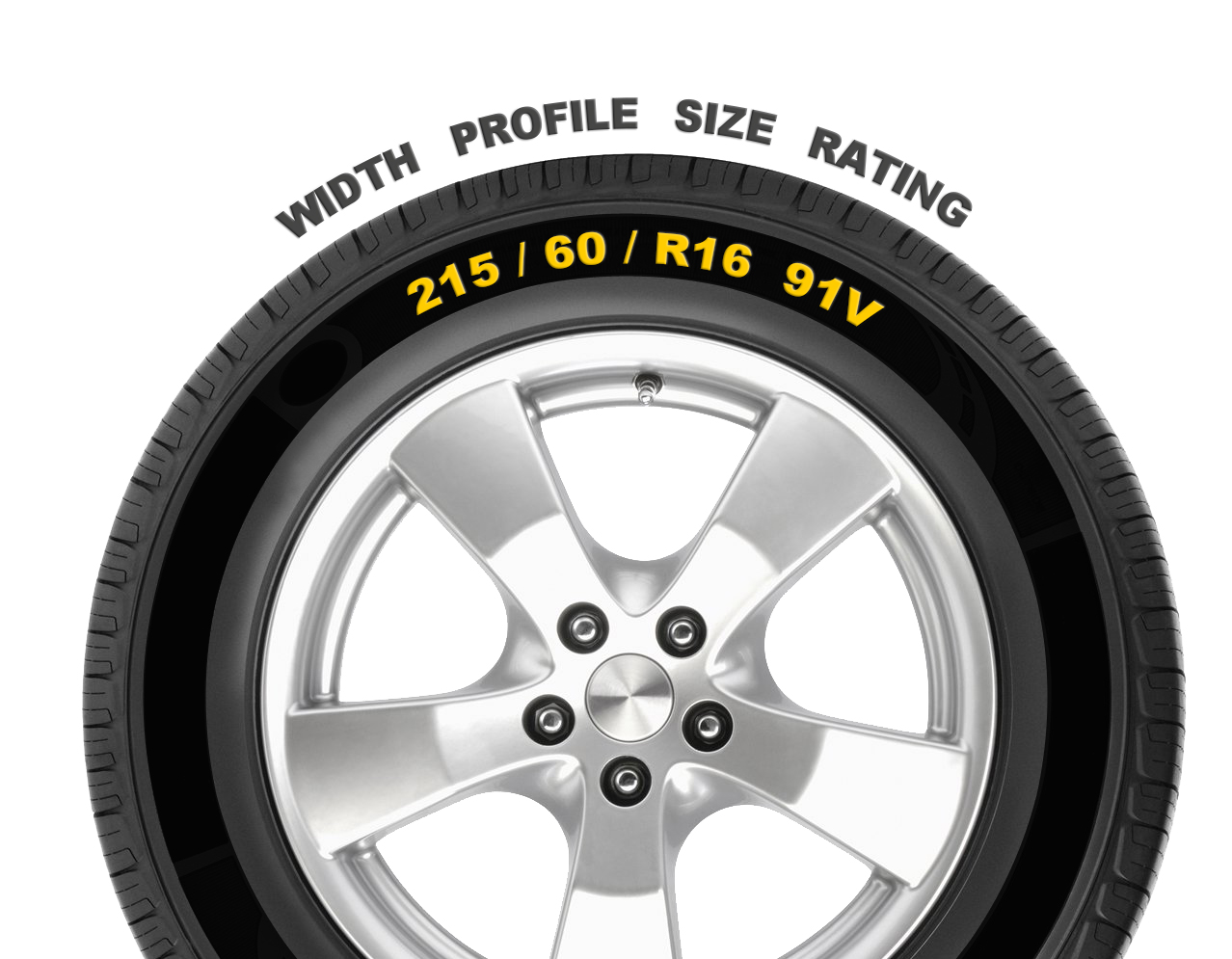Tanvic Tyre & Service Centre: Your Trusted Commercial Tyre Experts

Van Tyres
Whether your van, mobile home or minibus is a faithful friend at work or a reliable vehicle which gets you and your family safely through traffic, one thing is clear - it deserves a quality tyre.
The legal limit is 1.6mm of tread depth across the central ¾ of the tyre all the way round. Anything less than this seriously compromises your safety and can earn you a fine of up to £2500 and 3 points on your Driving Licence, per tyre.
Tanvic Tyre and Service Centre will check tyre tread depth for free at any of our Centres, and there’s no need to book
All major manufacturers put tread wear indicators into the grooves of their tyres, so that when they are flush with the main surface of the tyre, you know it’s time to change your tyres.
PLEASE SELECT YOUR TYRE SIZES
...OR PLEASE ENTER YOUR REGISTRATION
For your size you can check the driver’s side door or inside the fuel door for a sticker that lists your vehicle’s tyre size and recommended inflation pressure.
What do the markings mean on the side of my tyre?
As illustrated on the right we have an example of a tyre size 215/60 R16 91V:
- 215: This is the tyre width in millimeters.
- 60: This is the height or profile of the tyre sidewall (aspect ratio), expressed as a percentage of the tread width. In this case, the height of the tyre sidewall is 205×0.55 = 112.75mm.
- R16: Here’s the diameter of the wheel rim, measured in inches – the wheel rim is 16″ in this case.
- 91: This is the ‘load rating’ of the tyre. It’s a measure of the maximum weight it can support. 91 denotes a load rating of 615kg.
- V: The speed rating of the tyre. I.E. the maximum speed at which the tyre can support maximum load. This should be higher than the maximum speed of the car. In this case, ‘V’ means a speed rating of up to 149mph.

We will only advise you to change your tyre when you actually need to, which is generally around 2mm.
You should check your tyre pressures every two weeks and before any long trip, to ensure they meet the manufacturer’s recommendations.
Visually inspect your tyres for cuts, cracks and bulges, as these can lead to slow punctures or blowouts.
